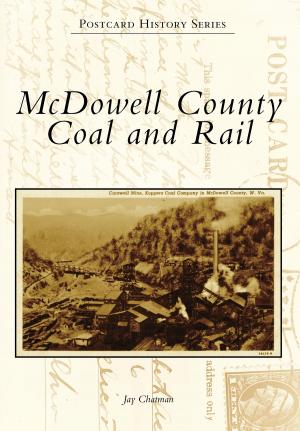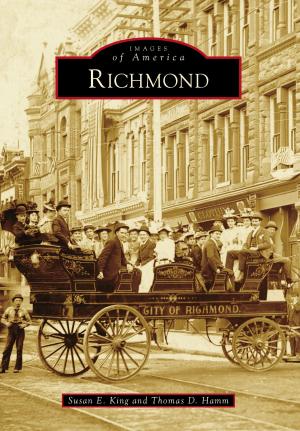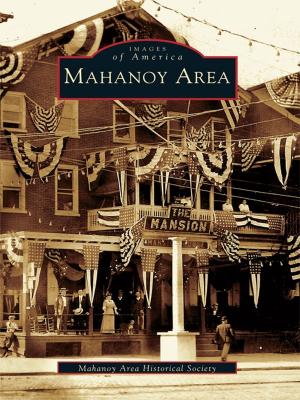Akron Railroads
Nonfiction, Reference & Language, Transportation, Railroads, History, Art & Architecture, Photography, Pictorials, Travel| Author: | Craig Sanders | ISBN: | 9781439657942 |
| Publisher: | Arcadia Publishing Inc. | Publication: | October 31, 2016 |
| Imprint: | Arcadia Publishing | Language: | English |
| Author: | Craig Sanders |
| ISBN: | 9781439657942 |
| Publisher: | Arcadia Publishing Inc. |
| Publication: | October 31, 2016 |
| Imprint: | Arcadia Publishing |
| Language: | English |
In the six decades preceding 1960, Akron's network of railroads had been relatively stable. Then a series of mergers began that year, changing the face of the city's railroad network. By the early 1970s, the industrial base--particularly the rubber industry--that had sustained the region's economy was in decline, and the fortunes of the railroad industry fell with it. The self-described "rubber capital of the world" was hit hard, and the production of tires for the automotive industry all but disappeared. The 1960s also saw a precipitous decline in rail passenger service, with the last passenger trains discontinued in 1971. A restructuring of the railroad industry that began in the mid-1970s left the Akron region with three railroad companies. Some railroad lines were abandoned, while others saw the scope of their operations changed or reduced. Today's rail network in Akron may be slimmer, but the railroads are financially healthy and continue to play a major role in meeting the region's transportation needs.
In the six decades preceding 1960, Akron's network of railroads had been relatively stable. Then a series of mergers began that year, changing the face of the city's railroad network. By the early 1970s, the industrial base--particularly the rubber industry--that had sustained the region's economy was in decline, and the fortunes of the railroad industry fell with it. The self-described "rubber capital of the world" was hit hard, and the production of tires for the automotive industry all but disappeared. The 1960s also saw a precipitous decline in rail passenger service, with the last passenger trains discontinued in 1971. A restructuring of the railroad industry that began in the mid-1970s left the Akron region with three railroad companies. Some railroad lines were abandoned, while others saw the scope of their operations changed or reduced. Today's rail network in Akron may be slimmer, but the railroads are financially healthy and continue to play a major role in meeting the region's transportation needs.















